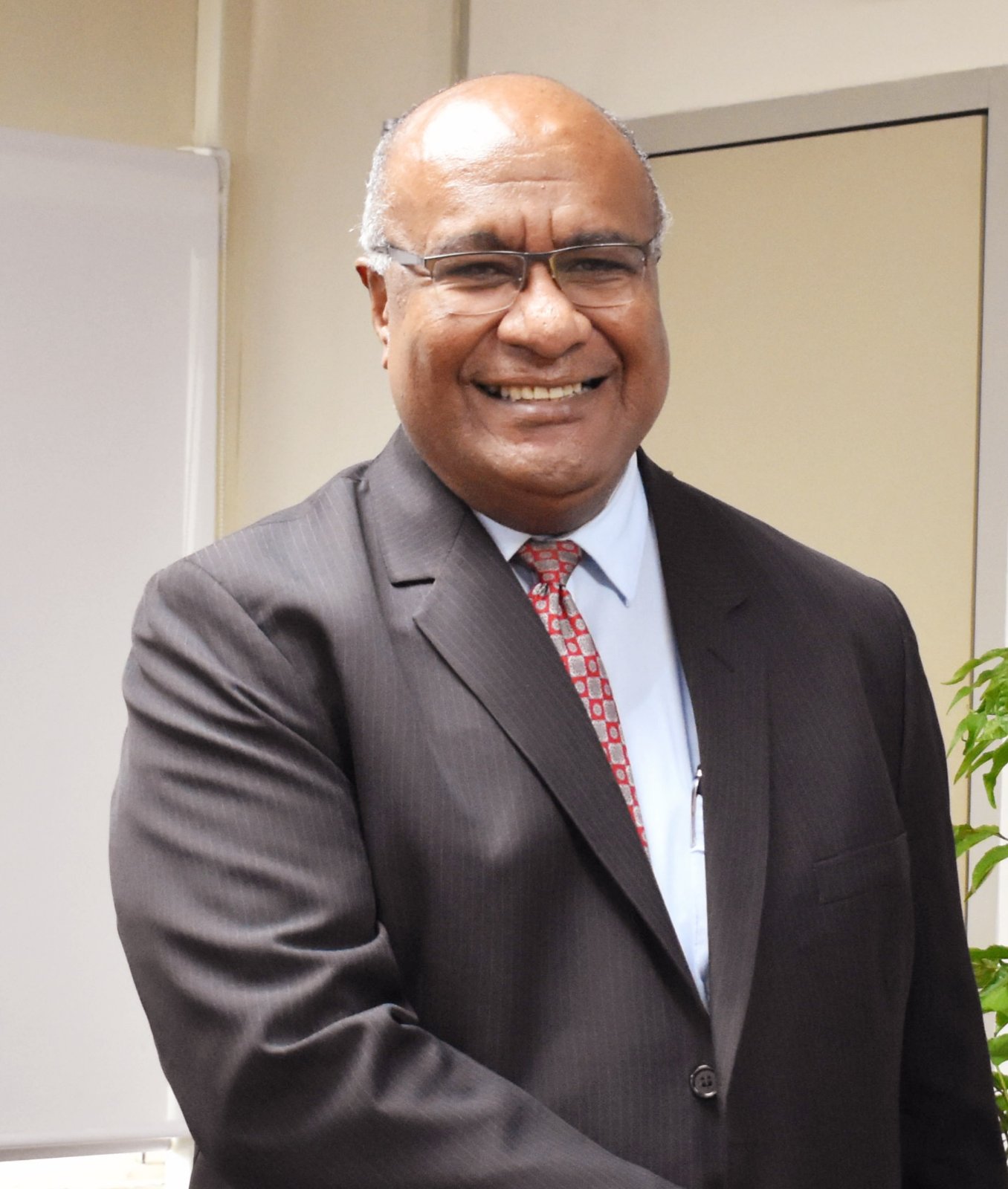World Consumer Rights Day (WCRD), which is celebrated every year on 15 March, is an important annual event to mark the global solidarity within the international consumer movement. WCRD is our chance to make the biggest impact possible. Working together, our voices calling for change are far more powerful than they would be alone. Such platforms give us the opportunity to bring to the world’s attention on crucial consumer issues and seek reforms where needed.
This year’s global theme is “Making digital marketplaces fairer and safer” and we all agree that it is an issue that needs global and national attention.
The Internet has come a long way, and from current indications we can safely say that it still has a long way to go. The International Telecommunications Union (ITU) has noted high growth rates in internet use in developing countries surpassing that of developed countries. ITU and UN data show that as at 30 June 2017, 46.8% of Fiji’s population used the internet. This is of course a conservative figure and it may increase as the total 2017 data is yet to be finalised. So there are more than 420,000 internet users in the country. There is also an estimated 380,000 Facebook users in Fiji. Mobile cellular subscriptions are over 116 per 100 inhabitants. It is indisputable that the majority of internet users in Fiji access websites and social media sites through their mobile phones. And these trends will continue as 3G and 4G network coverage continue to increase.
With a growing number of consumers in Fiji using the internet on a daily basis, it is imperative that everyone is aware of their digital rights and responsibilities. Social media has far wider reach than mainstream media such as newspapers, hence what users share or talk about online is guaranteed to reach a bigger audience.
More people are spending a lot more time interacting online via social media platforms, with increased mobile and internet use, it is not surprising that more people seek out and consume news from social media rather than mainstream media.
Social media for news consumption is a double-edged sword. On the one hand, it is low cost, easily accessible, and news reaches the consumer faster. On the other hand, it enables the instantaneous and widespread of “fake news” which is simply low-quality news with intentionally false information.
Fake news on social media is becoming a major concern and has many social and even economic costs. The extensive spread of fake news has the potential for extremely negative impacts on individuals and society. First, consumers who mistakenly accept fake news as legitimate news run the risk of making bad or harmful personal or family decisions. It can be as simple as receiving false news about a sale at a particular shop or false information about a product. Second, consumers may also become more sceptical of legitimate news producers, to the extent that they find it difficult to distinguish between factual and false information. This can make it hard for legitimate news producers and service organisations to disseminate very important information to consumers and the general public.
Fake news is just one problem afflicting the internet. Cyberbullying is now a major issue in many countries and law enforcement authorities are taking this matter seriously. In some countries like the United States, laws have been passed to address cyberbullying. Cyberbullying involves threats, harassment and humiliation against individuals or groups on the internet, primarily through social media. Cyberbullying is common amongst teenagers, children or adolescents both as victims and perpetrators. With the ITU estimating that 70% of the world’s youth are online, it is understandable that youth and children are the most vulnerable to cyberbullying exposure.
What is interesting is that cyberbullying occurs in the online public space with many witnesses or bystanders. Witnesses generally do not want to get involved because of the hassle and problems they fear their intervention might bring upon them. Yet many often recognize that what they are seeing is not right and should stop. By doing nothing, bystanders are doing something—they are passively encouraging the behaviour. Bystander apathy or inaction can actually make the effect of cyberbullying on the victim or victims worse.
WCRD 2018 is an opportune time to bring these two critical issues – fake news and cyber-bullying – to the public agenda and raise awareness on their negative impacts.
We can put in place good policies, laws and regulations to address cyberbullying, but these would not be enough without our collective effort.
As users in this digital age, consumers have digital rights and responsibilities. We consumers have the right to fairer and safer digital marketplaces. But we also have an equally important responsibility to contribute to fairer and safer digital marketplaces. Our individual responsibility not to succumb to fake news easily is very important. In addition, we have a greater responsibility of not click on and sharing online information or actions designed to harassment, torment, threaten or bully other persons.
Making our digital marketplace and online communities fairer and safer requires the collective effort of all – consumers, telecommunications service providers, businesses, social media providers, Government/policymakers and civil society.
I wish to thank the Consumer Council of Fiji’s effort in raising awareness on this topic and I am confident that all stakeholders will take time to seriously think of the issues raised today and effect change so that digital platforms are made fairer and safer for everyone.
It is my pleasure to wish you all a successful World Consumer Rights Day 2018.
View PDF->Ministers Message WCRD 2018



